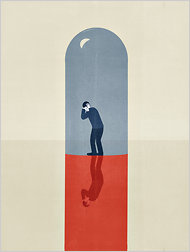Nation of Pill Poppers: 19 Potentially Dangerous Drugs Pushed By Big Pharma
Since direct-to-consumer drug advertising was legalized 13 years ago, Americans have become a nation of pill poppers — choosing the type of drug they desire like a new toothpaste, sometimes whether or not they need it. But if patients want the drugs, doctors and pharma executives want them to have the drugs and media gets full page ads and huge TV flights (when many advertisers have dried up), is the national pillathon really a problem? Yes, when you consider the cost of private and government insurance and the health of patients who take potentially dangerous drugs like these.
Seroquel, Zyprexa, Geodon, atypical antipsychotics—Even though the antipsychotic Seroquel surpasses 71 drugs on the FDA’s January quarterly report with 1766 adverse events, even though it’s linked to eight corruption scandals, even though military parents blame Seroquel for unexplained troop deaths, it is the fifth biggest-selling drug in the world and netted AstraZeneca almost $5 billion last year. Atypicals were originally promoted to replace side-effect prone drugs like Thorazine but soon became pharmaceutical Swiss Army Knives for depression, anxiety, insomnia, bipolar and conduct disorders and other off label uses — and betrayed the same side effects as older antipsychotics. (Especially tardive dyskinesia-linked Abilify.)


